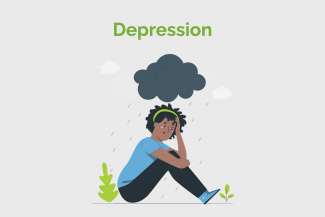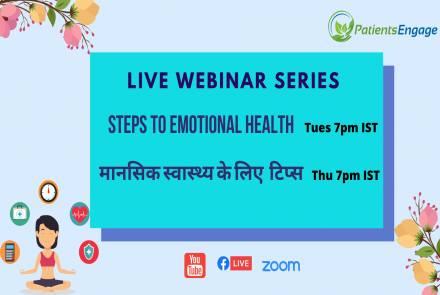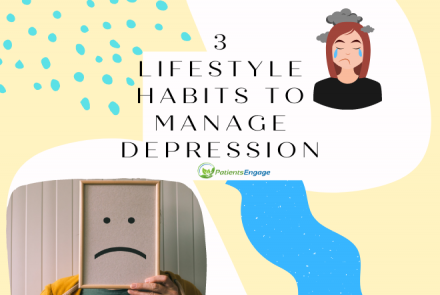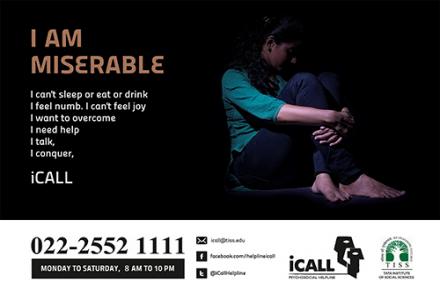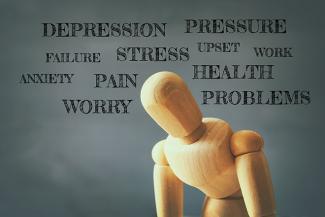
What causes depression
The exact cause of depression is not known. Any person can develop depression but some people are more prone to it. Depression can be triggered by life events such as relationship problem, illness, redundancy, work stress. It may also be caused by certain disorders of the thyroid and pituitary glands and hormonal disorders.
Evidence from genetics, neuroscience and clinical investigations demonstrates that depression is a disorder of brain. Modern brain imaging technologies reveal that in depression, neural circuits that are mainly responsible for regulation of moods, thinking, sleep, appetite and behaviour fail to function properly. In depression, neurotransmitters (chemicals) used by nerve cells to communicate are out of balance.
Are you at risk of developing depression
All age groups, all racial, ethnic and socio-economic groups can experience depression. About 5 in 100 adults have depression every year. Sometimes it is mild and lasts for a few weeks. Those at greater risk are:
- Women – 1 in 4 women develop severe depression compared to 1 in 10 men. Women after childbirth and menopause are at particular risk.
- Those with thyroid gland problems - Thyroid gland produces and regulates thyroid hormones. These hormones can effect energy levels, mood, even weight. They can also be factors in depression.
- Genetic predisposition – You are three times more likely to get depression if your parents or siblings had it. This may be an interplay of genetic and environmental factors.

